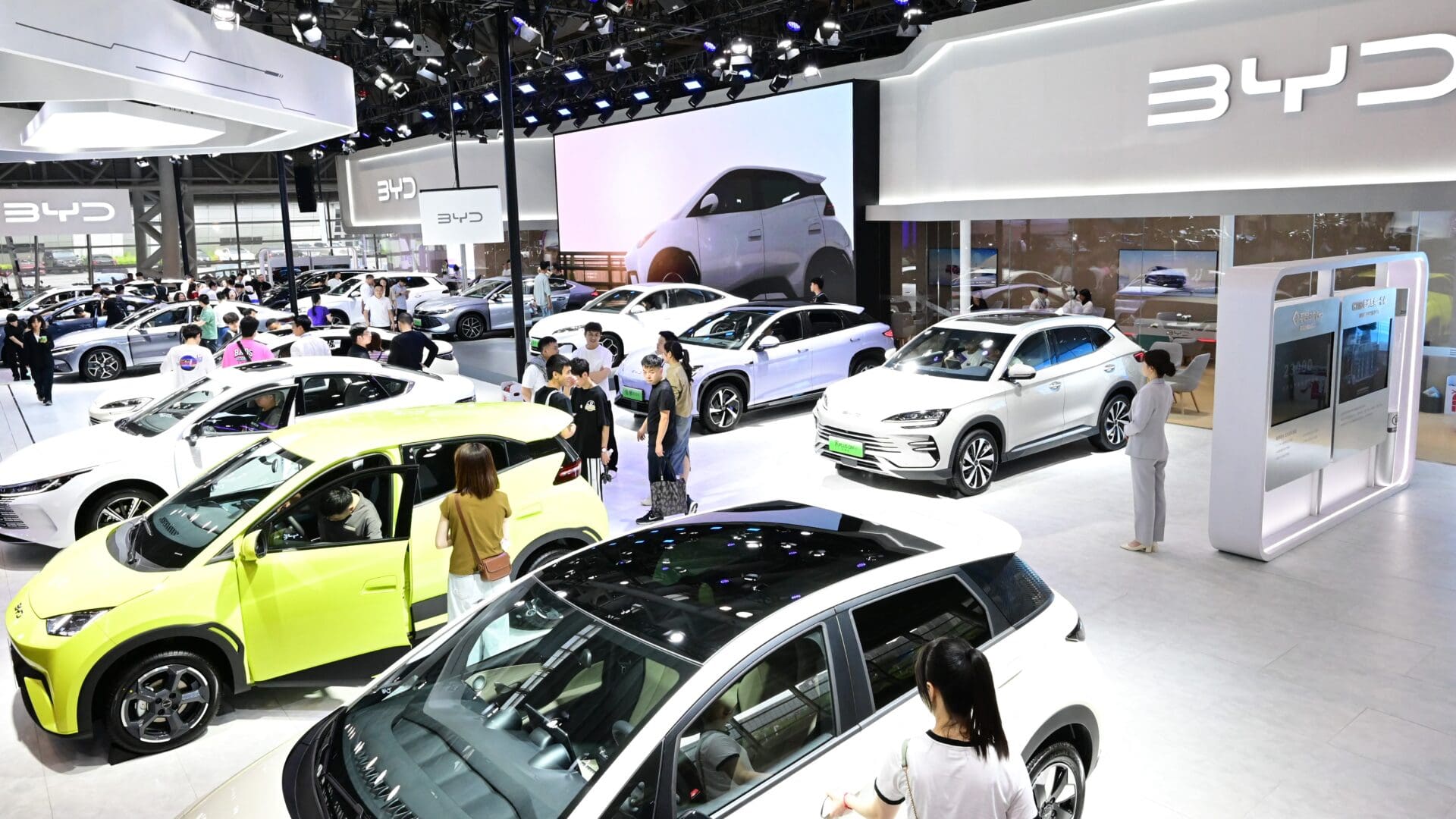The European Commission on Wednesday unveiled draft measures concerning all-electric cars imported from China, proposing significant punitive tariffs on electric vehicles manufactured in China. These measures would impose an additional penalty of 17.4 to 38.1 per cent on top of the existing 10 per cent tariffs. The proposed punitive duties are not uniform but vary by manufacturer.
The European Commission’s plan entails that the EU would establish a double discrimination system, as the punitive tariffs are discriminatory not only against China but also against individual manufacturers. Such a differentiated and
highly discriminatory system of punitive tariffs is almost unprecedented in history,
the Hungarian Ministry for National Economy stated on Wednesday.
Commenting on the draft, Minister for National Economy Márton Nagy stated that the government does not support punitive tariffs, as protectionism is not a solution. Instead, cooperation and free market competition are essential.
‘Rather than restricting competition between manufacturers through punitive tariffs, we must support and strengthen the competitiveness of the European electric vehicle industry on a global scale. Without strong competition, there is no strong European Union,’ he highlighted.
The European Round Table for Industry (ERT), which comprises approximately 60 industrial and technology companies, including the largest European car manufacturers, does not support the imposition of punitive duties. This stance was also confirmed during a meeting this week with Hungarian Prime Minister Viktor Orbán.
Márton Nagy stressed that the Hungarian government is developing an EU-level action plan to accelerate the uptake of electric cars and increase competition. This plan will be presented to the member states at the Competitiveness Council meeting on 8–9 July, within the framework of the Hungarian EU Presidency.
MEP of Hungary's governing Fidesz party Győri Enikő responded to the Commission’s plan on X. ‘Has the @EU_Commission given serious consideration to the consequences of its decision? Is it really in our interest to provoke a full-scale trade war with #China?’ she wrote.
! @EU_Commission decided to impose duties up to 38,1% on #ChineseEVs. Has the @EU_Commission given a serious consideration to the consequences of its decision? Is it really in our interest to provoke a full-scale trade war with #China?
— Enikő Győri (@GyoriEniko) June 12, 2024
It is not only the Hungarian government that has a problem with the Commission’s punitive tariffs. The German car industry association VDA, representing carmakers such as Volkswagen, BMW, and Daimler, strongly criticized the decision, as reported by Euractiv. Its president, Hildegard Müller, warned that it was ‘a further step away from global cooperation.’
German Transport Minister Volker Wissing (FDP/Renew) posted on X that ‘the EU Commission’s punitive tariffs affect German companies and their top products.’
‘Vehicles must become cheaper through more competition, open markets, and significantly better business conditions in the EU, not through trade wars and market compartmentalisation,’ he wrote.
#Strafzölle der EU-Kommission treffen deutsche Unternehmen und ihre Spitzenprodukte. Durch mehr Wettbewerb, offene Märkte und erheblich bessere Standortbedingungen in der EU müssen Fahrzeuge preiswerter werden, nicht durch Handelskrieg und Marktabschottung.
— Volker Wissing (@Wissing) June 12, 2024
Similar statements were made by Economy Minister Robert Habeck (Greens), who told German media that ‘tariffs are always only the last resort as a political measure and are often the worst option.’ ‘It is crucial that there are talks now,’ he said, calling for EU–China negotiations.
Besides Germany, some other EU member states, including Sweden and Slovakia, are also sceptical about the tariffs.
‘The EU has disregarded facts and WTO rules, ignored China’s repeated strong opposition, and ignored the appeals and dissuasions of many EU member governments and industries, and has acted unilaterally,’ Chinese Ministry of Commerce reacted minutes after the decision was made in Brussels.
The Chinese Foreign Ministry urged the EU to abide by its commitment to support free trade and oppose protectionism, and work with China to safeguard the overall situation of China–EU economic and trade cooperation.
Related articles:








